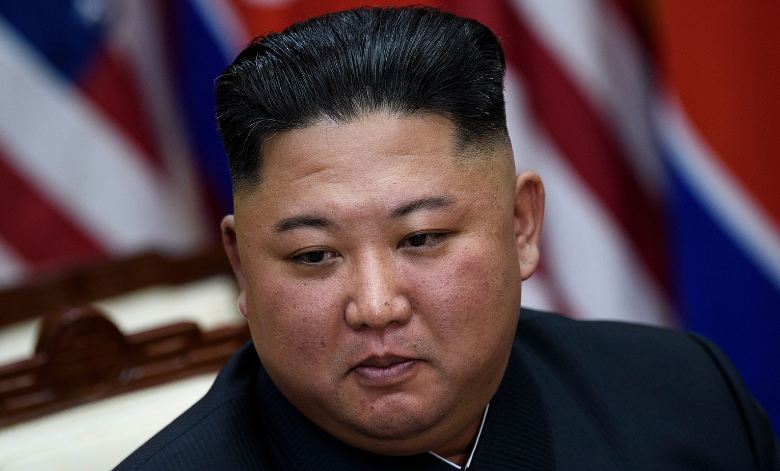Kim Jong Un appears to have kicked North Korea’s pandemic prevention plan into overdrive, further tightening the country’s nearly impassible borders, cutting off nearly all trade with China, and even allegedly executing a customs official for failing to handle imported goods appropriately.
Beijing exported just $253,000 worth of goods to Pyongyang in October — a drop of 99% from September to October, according to data published by China’s customs administration. For context, that’s less in terms of dollar value than China exported to Liechtenstein and Monaco during October.
China is North Korea’s biggest trading partner and effectively the Kim regime’s economic lifeline — the country basically doesn’t import significantly from anywhere else. Before major UN sanctions were put in place as punishment for North Korea’s nuclear weapons program in 2016 and 2017, Beijing accounted for more than 90% of Pyongyang’s foreign trade.
The new customs figures, if accurate, show that Kim appears to be willing to pare back — or even cut off — trade with China to prevent the virus from entering North Korea, even if it means risking the country’s food and fuel supply. The move is even more extreme considering mainland China is only reporting a handful of cases each day.
North Korea has not publicly acknowledged the drop in trade, or the reason behind it, but the pandemic is the most likely explanation. Kim reportedly had two people executed for Covid-19 related crimes, including a customs official who did not follow virus prevention rules while importing goods from China, a South Korean lawmaker said after being briefed by the country’s spy agency.
CNN has not been able to independently confirm news of the execution, nor have North Korean officials publicly confirmed it. But if true, the killing is another sign of just how seriously Kim is taking Covid-19.
North Korean state media reported Sunday that authorities were enacting new, stricter anti-epidemic measures across the country, including increasing the number of guard posts at border crossings and tightening the rules of sea entry in coastal areas. Authorities have even been ordered to “incinerate seaborne rubbish.”
Pyongyang’s decision to scale back imports from China has affected trade in the other direction. The October customs data, from Beijing, showed that Chinese imports from North Korea are down 74% year-on-year. That’s forced industries in China, such as hair and wig manufacturers, to search elsewhere for cheap labor.
Chinese hair factories often outsourced intensive manual labor to North Korea, sending in raw materials and paying North Korean companies to have their workers finish the products. But since the North Korea-China border closed in January to prevent the spread of Covid-19, the trade flow dried up and prices soared.


